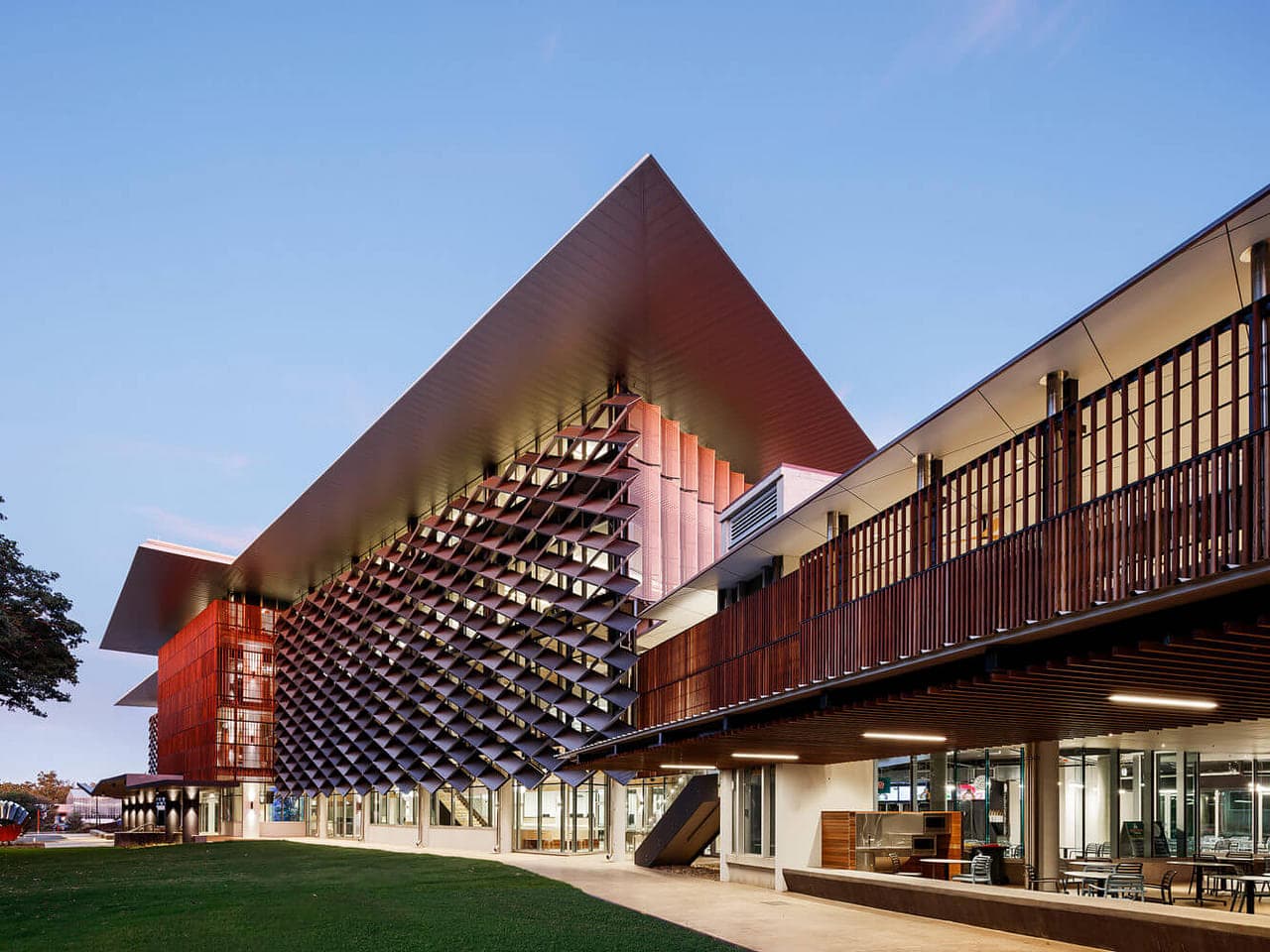Bachelor of Science at James Cook University
Cairns, Australia
- Tuition Fee AU$ 37,960
- Country Rank-
- Duration36 Months
- Score IELTS: 6 TOEFL: 74
Program Overview
Kickstart your career in science. Choose from nine different majors and pursue scientific discovery. Undertake real-world research in state-of-the-art facilities and locations like the Great Barrier Reef and the Daintree Rainforest. Contribute to sustainable and innovative practices that secure a better future for people and communities in the Tropics.
Cost Of Studying At James Cook University
Interest rates as low as 8.9% *
250K+
Students Assisted
800Cr+
Loan Amount Disbursed
5000+
Loans Sanctioned
Check Loan Eligibility
Powered by
